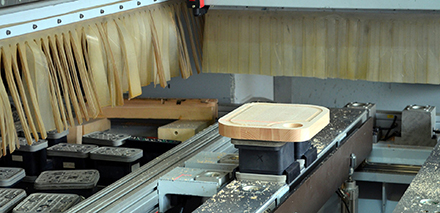The full impact of COVID-19 is yet to be felt in the machinery sector across Australia, with experts predicting many industries will struggle to obtain vital equipment in 2021. Source: Timberbiz
While other industries ground to a halt in 2020, the capital equipment market boomed according to the head of leading online machinery marketplace, Machines4U.com.au.
“Demand for earthmoving and construction, metalworking, and woodworking machinery reached all-time highs in 2020, while demand for agriculture equipment and generators more than doubled, and demand for trucks grew by 142% from April to June,” Machines4U.com.au CEO Steve Krebs said.
“COVID-19 has been a magnifying glass across the capital equipment industry, highlighting the strengths, and importance, of individual businesses and industries across the country.”
Mr Krebs said demand for used equipment is expected to skyrocket in 2021, with stock of new machinery expected to dwindle in the coming months.
“International factories, including those in the USA and Europe, are experiencing slower production rates and a reduced shipping capacity to Australia, causing bottlenecks in shipping with delays of up to 3-4 month.
“Cargo ships have been held up around the country due to equipment breakdowns or industrial action and stock that has arrived on-shore is delayed due to strict biosecurity and health protocols on imports, not to mention global trade tensions,” he said.
“The supply of new equipment will be few and far between, which will drive up the demand and price of used equipment. In some cases, sellers are moving into the hire game to maintain cash flow, a shift that is likely to become more common the longer shipping delays continue.”
Mr Krebs said sellers may need to get inventive within the capital machinery market in 2021.
“Anyone selling machinery, of any sort, is in a really unique position,” he said.
“The capital equipment game has long been a face-to-face, handshake industry. COVID-19 changed the way buyers searched for the machinery they need, and due to trade show cancellations and restrictions, it wasn’t always possible to head down to the local dealership.
“This has forced machinery sellers to adapt and evolve, moving away from traditional channels, and embracing digital channels, such as online marketplaces.”








